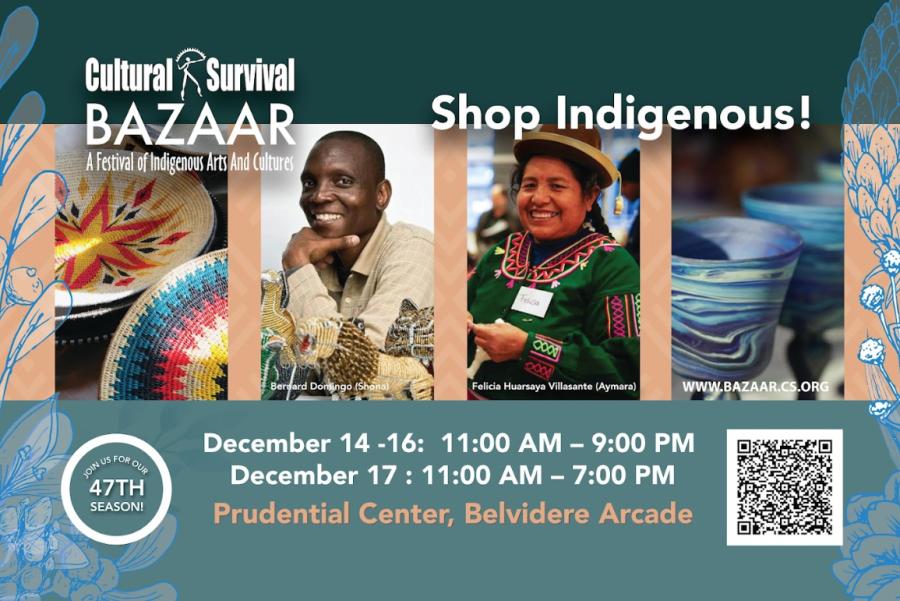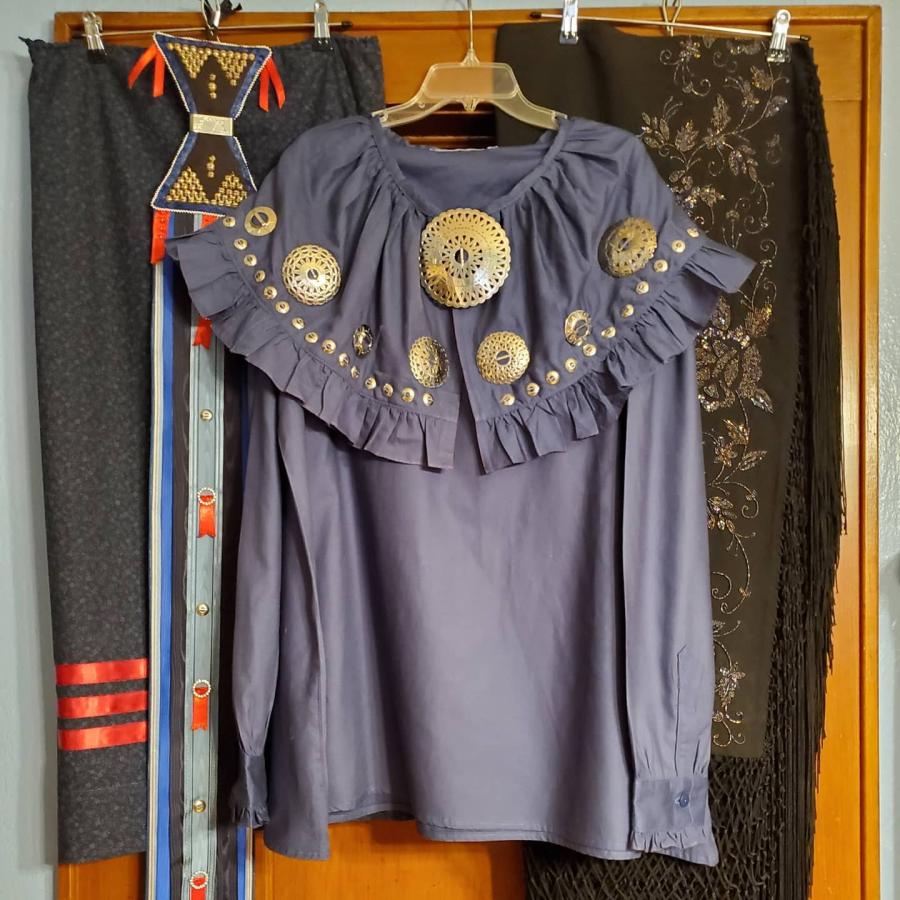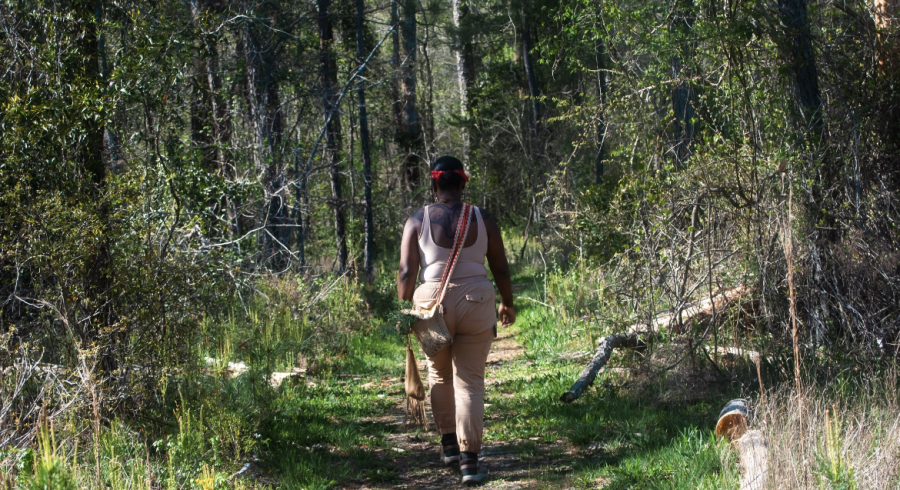Edited by Waziyatawin Angela Wilson, Michael Yellow Bird, and Angela Cavender Wilson
School of American Research Press, 2007
ISBN 1930618638
Reviewed by Ramona Peters
For Native Americans, the process of colonization created serious spiritual, emotional, and intellectual challenges for the survivors and all their descendants. This handbook is a healing tool full of important concepts and exercises to build a healthier indigenous identity, the critical first step for indigenous communities. The contributing indigenous authors of this handbook have tackled some important subjects. Michael Yellow Bird identifies “Critical Thinking Centers” as a source for decolonizing tribal governments and enrollment practices. Susan Shown Harjo reveals the negative impact on Native youth of “Native” references in sports and what some decolonizers have done to change sport team names nationwide. James Riding In recounts the experiences that led to an outlook that has served him well in the dirty business of decolonizing imperial archaeology and NAGPRA (the Native American Graves Protection and Repatriation Act 1990). Waziyatawin Angela Wilson’s chapter advocates the return to indigenous diets and original languages and touches on Indian boarding school acculturation practices. Robert Odawi Porter and Thohahoken both discuss the need to decolonize indigenous governance and U.S. Indian control laws. Cornel Pewewardy promotes traditional models of curriculum and teaching for indigenous students, while Chi’Xapkaid (Micheal Pavel) writes about the compelling need for storytelling as a decolonizing method. Waziyatawin ends the handbook with a chapter called “Relieving Our Suffering,” which outlines the use of a United States Truth Commission. These native scholars have their fingers on the pulse of today’s state of Native America. I’m led to believe from this handbook that returning to the fires of our original cultures will cultivate the wellbeing of indigenous nations.
It’s unclear if the authors are suggesting that higher education in Western cultures, systems, and society are not in our best interest. I have asked myself this question after pursuing a master’s degree in applied human and community development. That experience created an awkward philosophical difference between me and my people who stayed home. My fellow indigenous alumni faced similar challenges when they returned home. Some were rejected as white thinkers, as untrustworthy, or as threats to the tribal status quo. One could say the educated Indian is a thoroughly marginalized being. I can’t help but wonder if the authors are responding to their personal struggles through the American academic community, where institutional racism is especially burdensome. The stories of their personal journeys suggest that we, as indigenous people, need to resist and fling off the colonized-mind syndrome that has caused mental, emotional, and spiritual damage to our people.
For Indigenous Eyes Only could be titled something like “Developing Critical Thinkers in Indigenous Communities.” Through generations of oppression it has been difficult for our people to maintain a healthy level of critical thinking. In his chapter, Michael Yellow Bird lists those who will have the most difficult time with this sort of approach, including people who are intellectually lazy and avoid thinking deeply and purposefully about the ins and outs of an issue to find best possible solution(s); people who are willing to settle for mediocre explanations; people who do not believe that things can change; people who do not see the strengths in a person or situation, only the weaknesses. To me, most of the list describes people who have experienced long-term oppression and abuse, and possibly suffer depression. As wards of the government, we have historically not been invited to participate in problem solving; we were treated as though we were the problem. Colonization left us with negative self-esteem as a race. This handbook supports the type of thinking that raises self-esteem simply by doing the well-crafted exercises.
For Indigenous Eyes Only, is a very important contribution to Native American literature. These scholars are clearly encouraging indigenous people to think outside the box and reorganize the council circles. I do have a concern about the readership and the collegiate language used throughout the book; it must have been a challenge for scholars to write while being mindful of the average reservation reading skills. The research and resources contained in this handbook are superb. I applaud the authors for this wonderful gift back to the community, and I hope some effort will be made to assess and publish the outcomes of tribal groups who use the handbook as a guide toward decolonization.
Ramona Peters is a member of the Mashpee Wampanoag. She serves on Cultural Survival’s Board of Directors.



